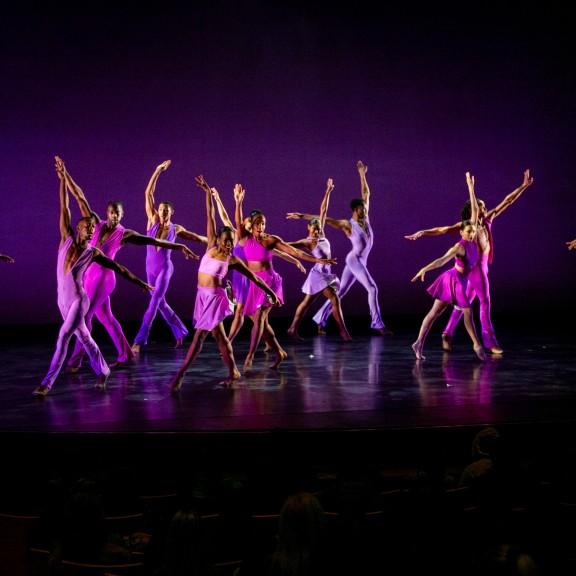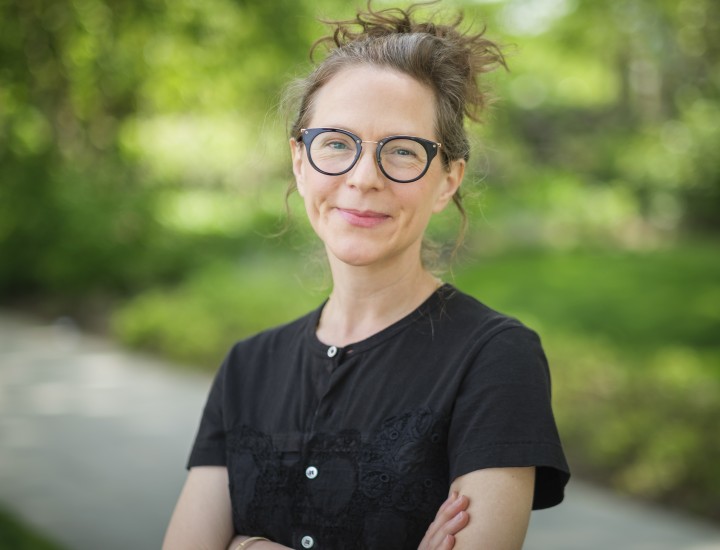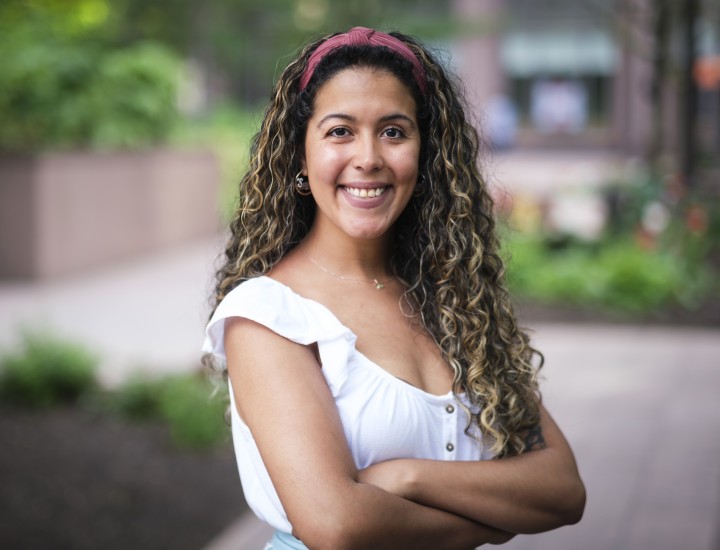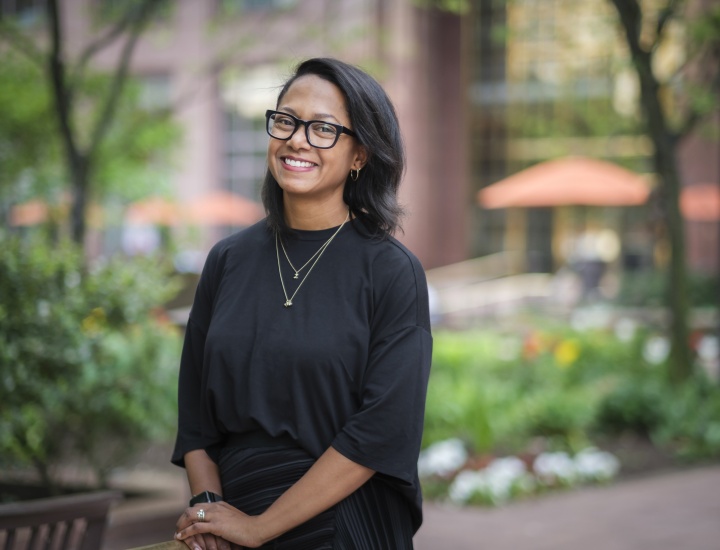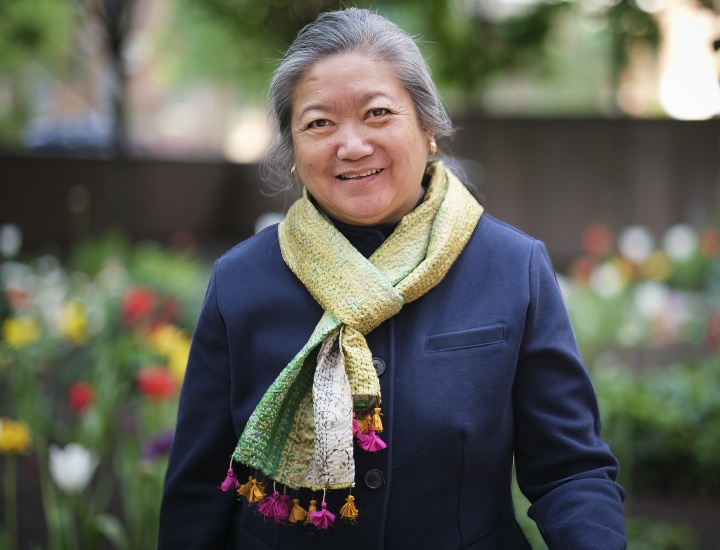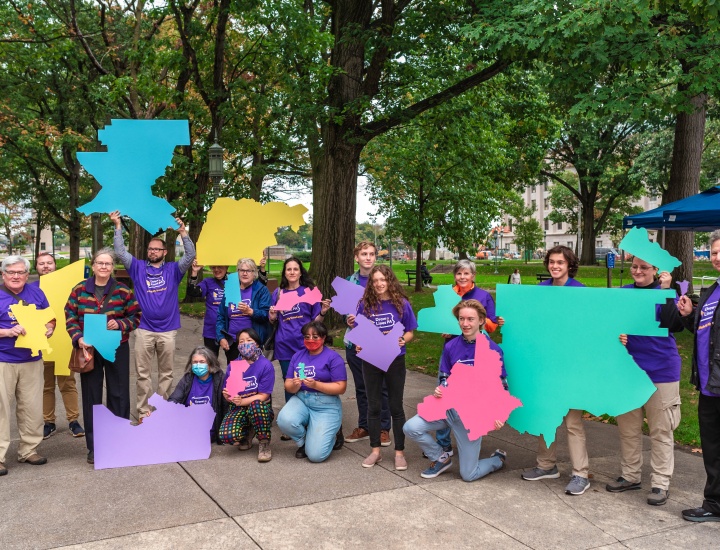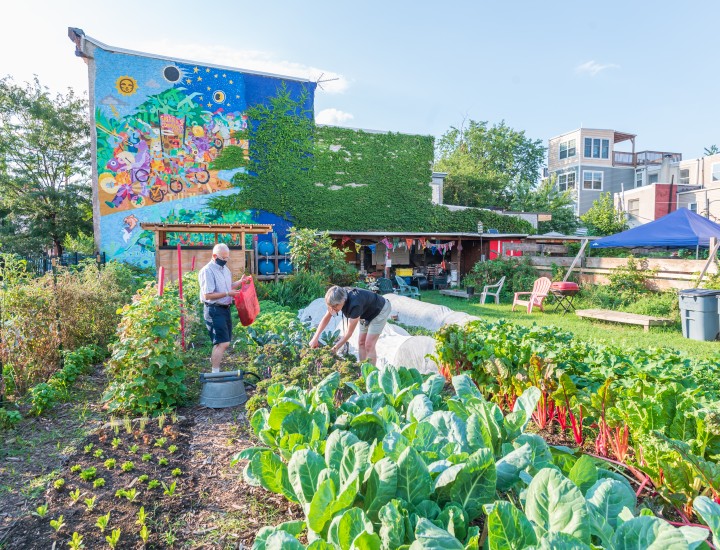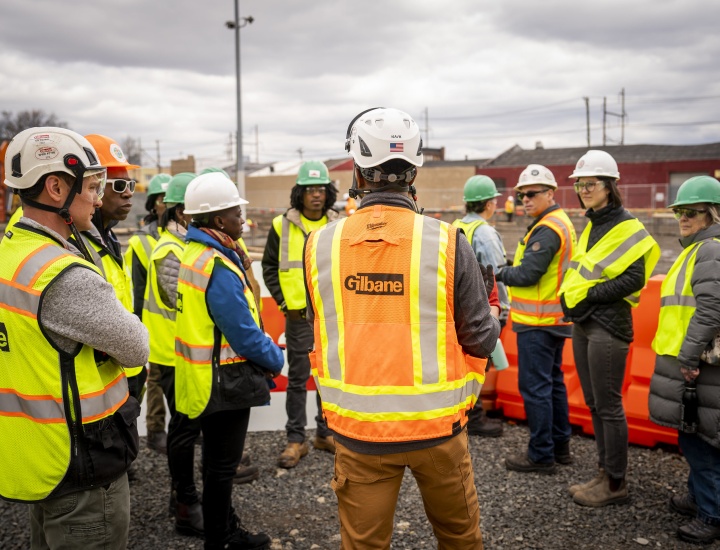Arts and Culture
Expanding access to diverse, inclusive, and high-quality arts and culture experiences.
The arts enrich people’s lives. Through our Arts and Culture Program, we are working to provide more opportunities for people to take part in diverse and inclusive arts and culture experiences, particularly ones that are designed intentionally for them. These creative connections can enhance communities and neighborhoods, including those historically shut out of these experiences.
We want to support your ideas – including hands-on learning and art-making for children, music, performances and exhibitions that inspire and connect people, and more. We are interested in your projects that intentionally include communities and strengthen knowledge and networks that generate relevant, equitable, and inclusive programs and invite public/private funding opportunities for the sector. We also provide operating support to arts and culture organizations that are central to Philadelphia's civic and community life.
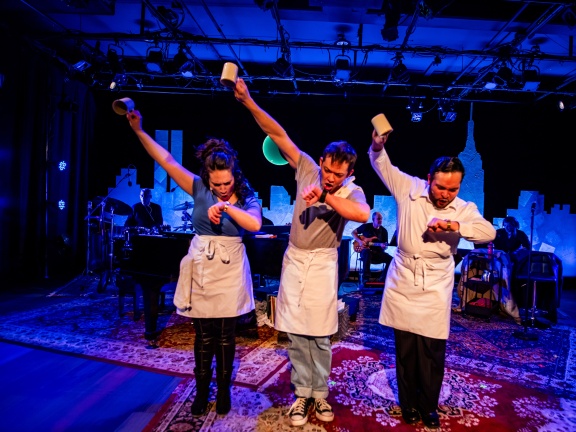
Do your programs and services advance our Arts and Culture objectives? Learn about the outcomes we are working toward and related funding opportunities.
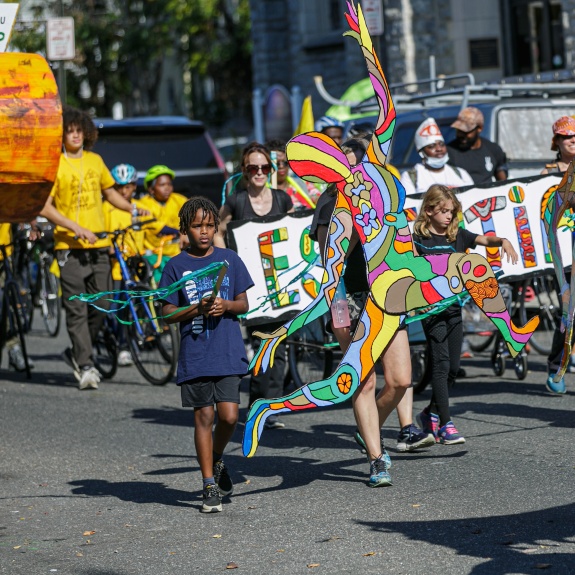
Strategy
We enable the creation of high-quality, inclusive, and relevant arts and culture experiences for people in the Philadelphia region.
Strategy
We support opportunities for school-aged youth across the Philadelphia region to participate in equitable, inclusive, and high-quality arts education.
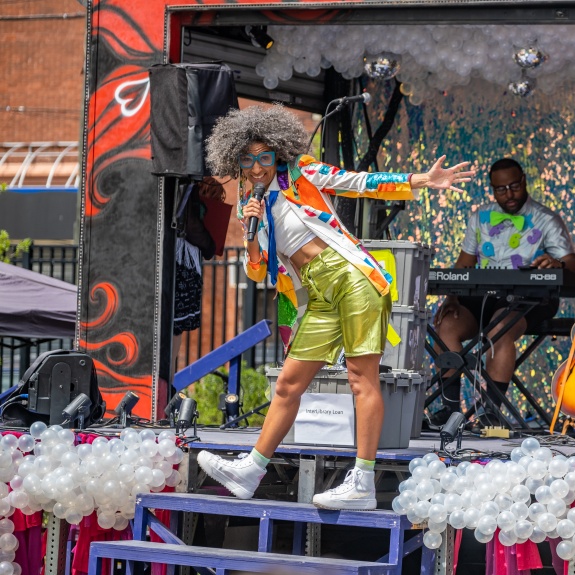
Strategy
We support artistically exceptional arts and culture organizations centering racial equity and economic inclusion to reinforce and deepen their commitment and continue strengthening connections to community.
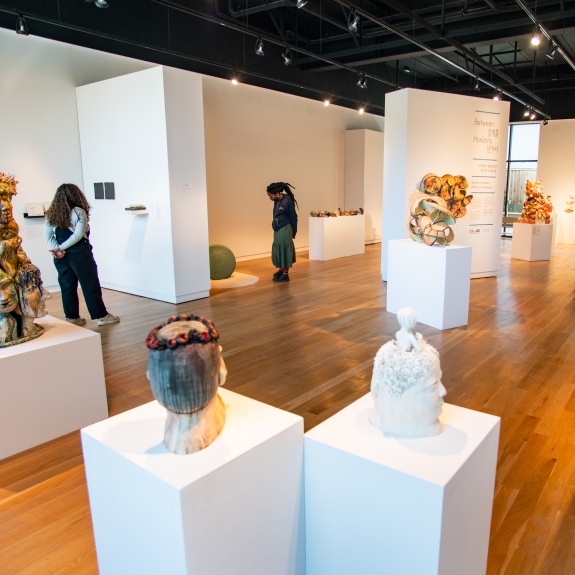
Strategy
We improve the physical environment in which arts and culture organizations offer high-quality programs that are equitable, inclusive, and accessible.
Arts and Culture Team
See All Awarded Arts and Culture Grants
Use our search tool and filter by Arts and Culture to see previously awarded grants and grantees.
Interested in funding?
Click 'How to Apply for a Grant' to learn about our application process.
If the Arts and Culture program isn’t a match for you, explore our other programs to find what's right for your organization.
Program Advisory Committee
The Arts and Culture program is supported by a Program Advisory Committee, which provides knowledge, expertise, experience, and insight to inform the judgment of Program staff.
